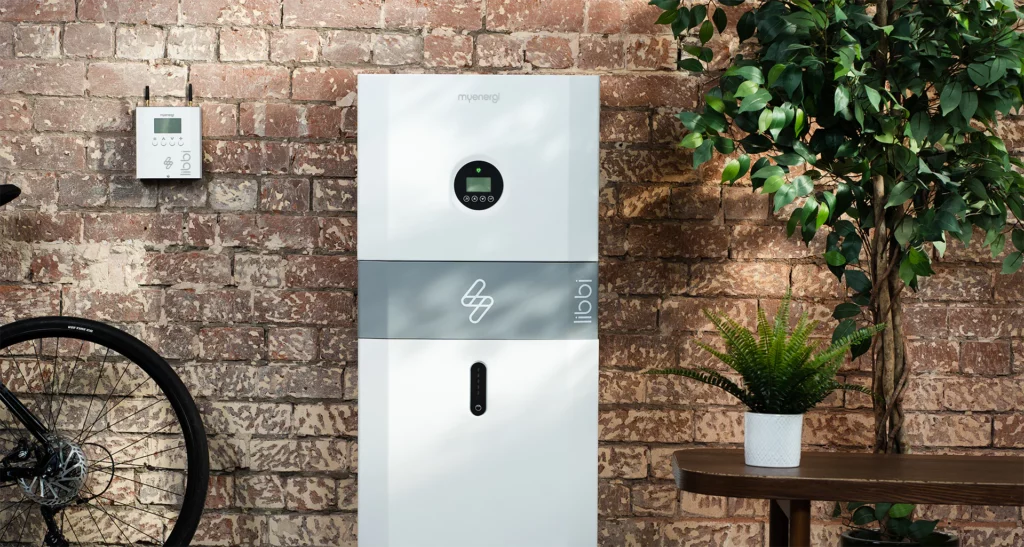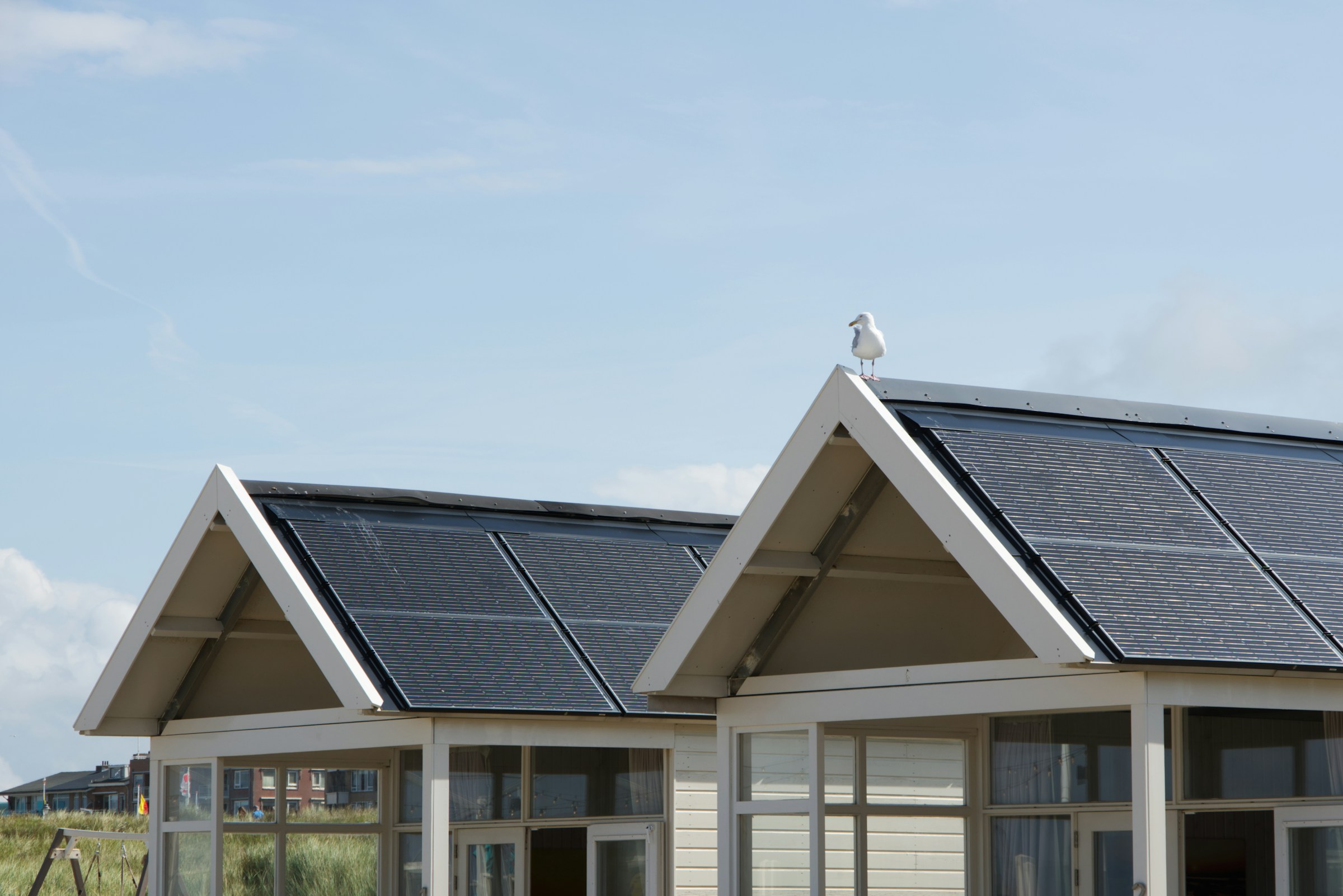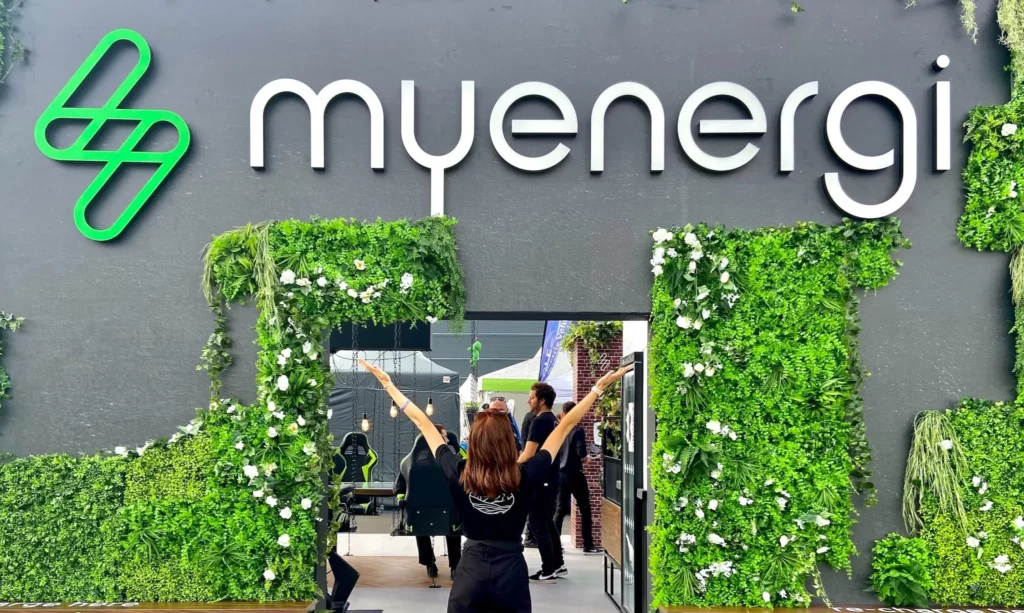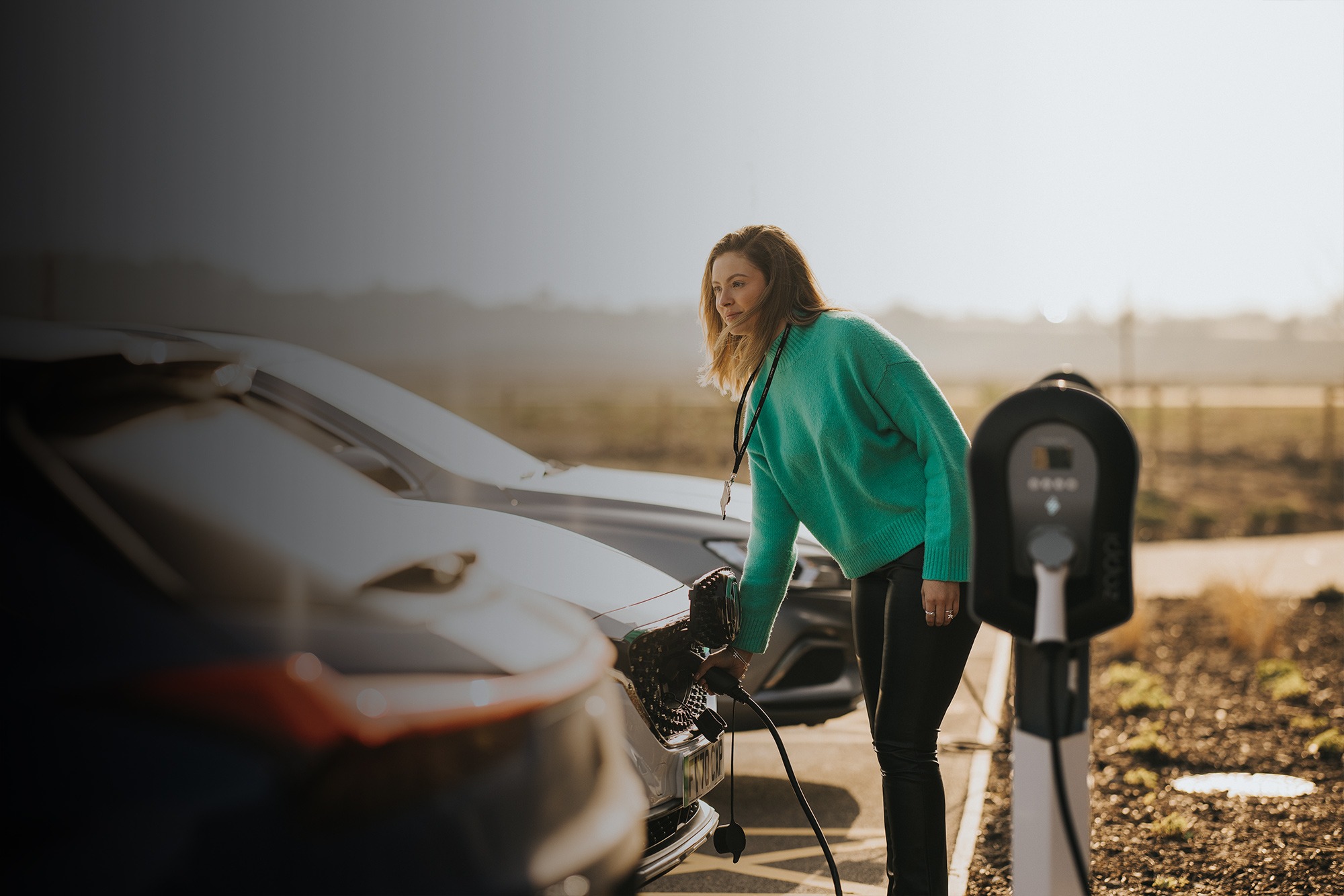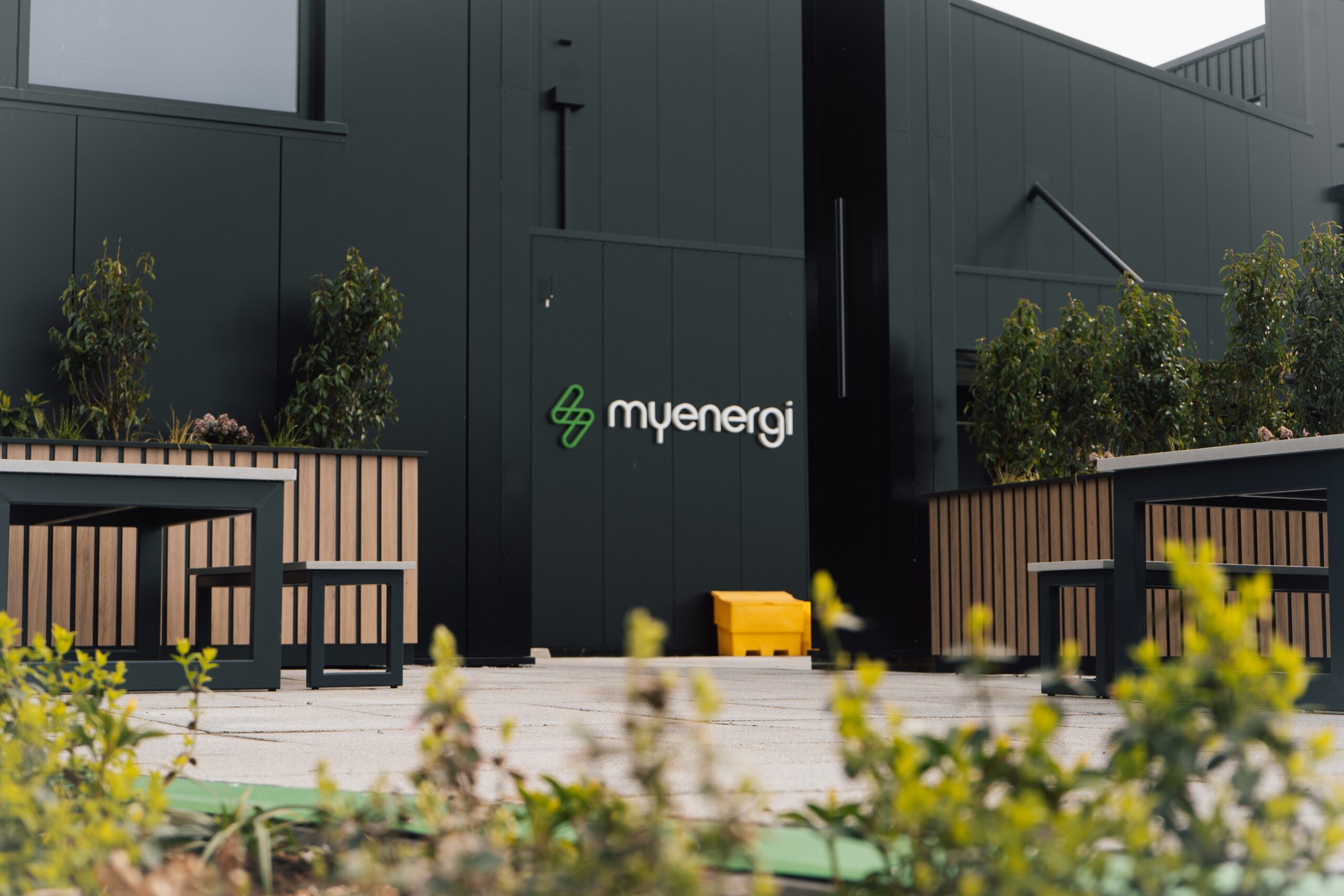Earlier this week (11 December), the government announced that VAT relief on Energy Saving Materials (ESMs) in residential buildings will be extended to include home batteries, power diverters and water-source heat pumps from 1 February 2024. Zero rating will also be granted to products installed at commercial properties used solely for charitable purposes.
The move essentially means that investing in next-generation solutions to improve energy efficiency and reduce energy bills will be easier and more cost-effective than ever before for UK households. In addition, it will help to further accelerate the government’s legally-binding commitment to reach net zero by 2050 – a good move all round.
Commenting on the announcement, Jordan Brompton, co-founder and CMO of myenergi, said: “Bringing an increasing number of tech innovations into the scope of VAT relief on ESMs is a major step forward. As well as opening up widespread financial and environmental benefits, it demonstrates the government’s commitment to ensuring that support remains firmly in-line with the rapidly evolving ESM landscape.
“Having responded to the consultation, we’re pleased to learn that our views – alongside those of the wider low carbon supply chain – have been taken firmly into consideration and used to drive positive environmental change. After all, the announcement means that our eddi power diverter is now in scope for VAT relief when fitted to an ESM, while our libbi home battery is classified as zero rated both as a standalone technology and when connected to (or installed alongside) renewable energy generation solutions such as solar, wind or hydro.
“As a direct result, households could save thousands of pounds on the purchase and installation price of state-of-the-art home energy tech, while simultaneously reducing their carbon footprint, streamlining utility bills and taking complete control of their energy consumption. This is a major move and one that should be wholeheartedly commended.
“However, while a signification step forward, it’s disappointing to hear that eco-smart EV charge points will continue to remain outside the scope come February 2024 – even though devices like the myenergi zappi (when operating in ECO+ mode) can charge an electric car using nothing but self-generated renewable energy. We will continue to push for change when it comes to this precise point – after all, we believe that all decarbonisation solutions should be incentivised. It seems shortsighted at best to exclude certain products from VAT relief that are already having a huge impact reducing consumers’ energy costs and reducing our reliance on energy from the grid.”

